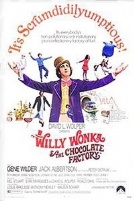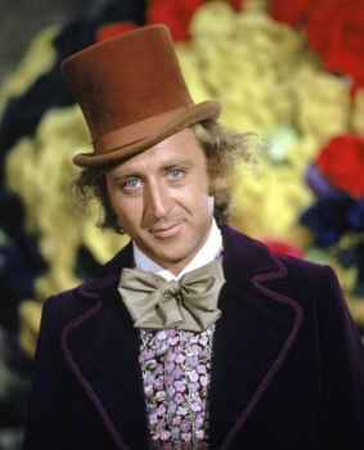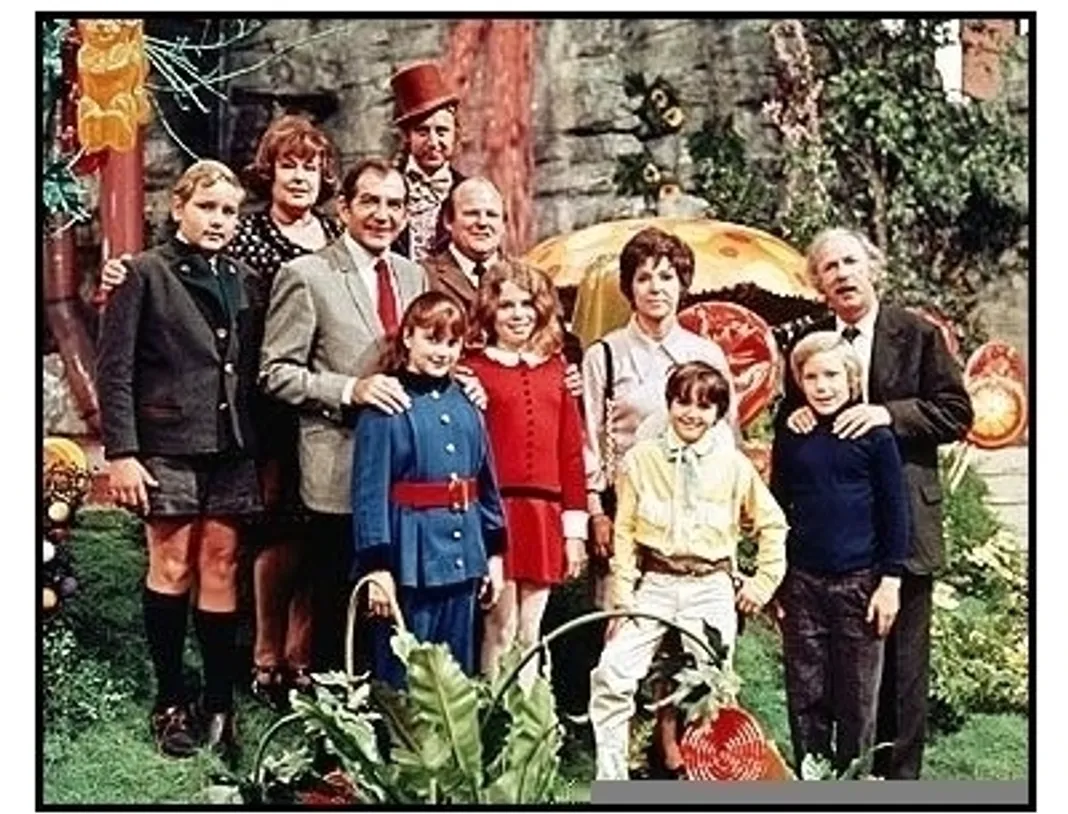 Children’s movies are dark and terrible, although the type of dark and terrible they happen to be depends on the age of the audience that they’re targeting. Toy Story 3 is about accepting death, but because it’s nominally geared toward young children, all of the holocaust references and torture scenes are couched in bright pastels. Young adult literature can be a lot more brazen about its subject matter, which tends to be identity confusion, sexuality, and the consequences of one’s actions.
Children’s movies are dark and terrible, although the type of dark and terrible they happen to be depends on the age of the audience that they’re targeting. Toy Story 3 is about accepting death, but because it’s nominally geared toward young children, all of the holocaust references and torture scenes are couched in bright pastels. Young adult literature can be a lot more brazen about its subject matter, which tends to be identity confusion, sexuality, and the consequences of one’s actions.
J.K. Rowling managed a coup by telling the story of Harry Potter’s complete adolescence. He must learn to be his own parent, decide who he is and see the consequences of his actions and, of course, confront and defeat death. Don’t fool yourself, Rowling is a fantastic writer. I’ve said elsewhere that Stephanie Meyer makes J.K. Rowling look like Virginia Woolf, but that obscures the fact that J.K. Rowling makes J. K. Rowling look like Jane Austen.
The Harry Potter movies have a similar progression, from those Christopher Columbus pastels to where we are now, with articles in newspapers across the U.S. asking whether or not Harry Potter and the Deathly Hallows is too scary for children.
The king of dark children’s literature is Roald Dahl. He’s a fascinating figure who wrote a great deal more than children’s literature. Dahl wrote a lot of O. Henry-ish crime stories, one of which ends with a woman serving up investigating officers the very leg of lamb she used to bludgeon her husband to death. The detectives gnaw away while telling her that once they find the murder weapon, they’ll find her husband’s killer.
Dahl also wrote a whole slew of rather twisted children’s stories, the most famous of which is Charlie and the Chocolate Factory, later made into this week’s classic movie:
1971’s Willy Wonka & the Chocolate Factory.
Roald Dahl wrote the original screenplay, but he didn’t meet his deadline and the writing duties were eventually handed to David Seltzer. Dahl radically disliked many of the changes Seltzer made, but for most folks who love both the book and the movie, they’re different but equally enjoyable.
There’s a kind of darkness at the edge of the movie; an inscrutability that suggests something truly scary going on somewhere in the depths of Wonka’s factory. The book doesn’t possess that haunting quality, but it does set up the basic engine for the story: a cautionary tale that tells children what happens when they overindulge.
The book, in fact, gets a great deal more grotesque. At the end Charlie actually gets to see what happens to the other children when they’ve been “fixed” by Wonka’s Oompa-Loompas. Mike Teevee, for instance, has been pulled by the taffy-pulling machine until he’s ten feet tall and thin as paper.
 The movie recasts this children’s story into a young adult coming of age tale culminating in the decision of Charlie Bucket to either spy on Willy Wonka for money or go back to his penniless life with nothing. This is one of the changes Dahl got so upset about. In the book his simple non-act of avoiding misbehavior while on the tour wins him stewardship of the factory. That’s not quite active enough storytelling for film, so Seltzer recasts Slugworth as a rival chocolate maker using the children as spies.
The movie recasts this children’s story into a young adult coming of age tale culminating in the decision of Charlie Bucket to either spy on Willy Wonka for money or go back to his penniless life with nothing. This is one of the changes Dahl got so upset about. In the book his simple non-act of avoiding misbehavior while on the tour wins him stewardship of the factory. That’s not quite active enough storytelling for film, so Seltzer recasts Slugworth as a rival chocolate maker using the children as spies.
Much of the magic in the Willy Wonka movie, like much of the magic in the Harry Potter movies, comes from perfect casting. Dahl wanted Spike Milligan, which might have been cool, but it’s difficult to imagine anyone being as pitch-perfect as Gene Wilder, who toyed with the mystery of Willy Wonka with a kind of dangerous playfulness never managed by Tim Burton and Johnny Depp in the recent remake.
I can only hope that as J.K. Rowling watches the last of her Harry Potter books make its way to the silver screen with a great deal more pride and pleasure than Roald Dahl managed when his own characters made their debut.


